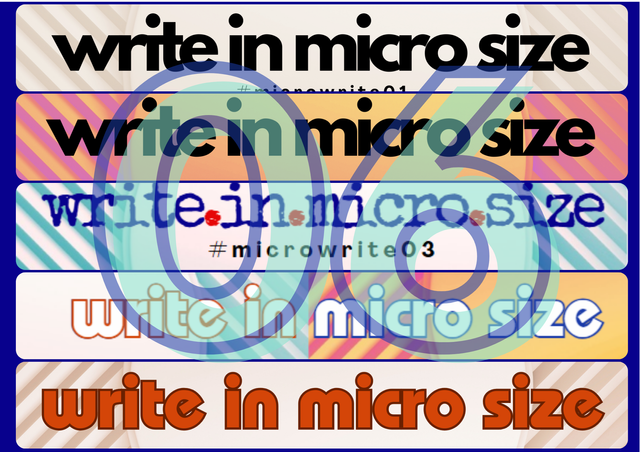 |
|---|

Welcome #Microwriters
Attention, dear #microwriters, arriving at the final stop. That's right, we've reached the final week of our journey to approach Short Literature, sometimes called Microfiction.
Let's imagine that this workshop was like a train ride, with each lesson a different station on the route. Some got off, others got on, and others made the entire trip.
Using that comparison, let's remember our journey in this Short Literature Workshop, called: “write in micro size”

First Station: Short Literature in your country |
|---|
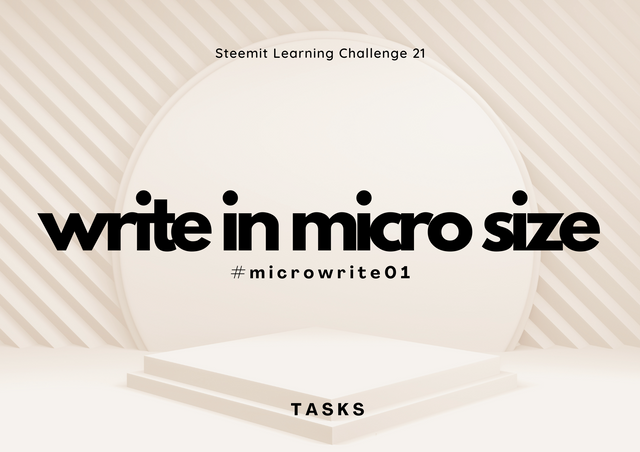 We began our journey by asking ourselves: what is micro-fiction? What is a micro-story?: A universe contained in a few words. The micro-story is like that, an activator of your creativity and imagination. |

Second Station: We were all ants. |
|---|
 In this station we explore different perspectives to narrate our micro-story. |

Third Station: Condensing the story. |
|---|
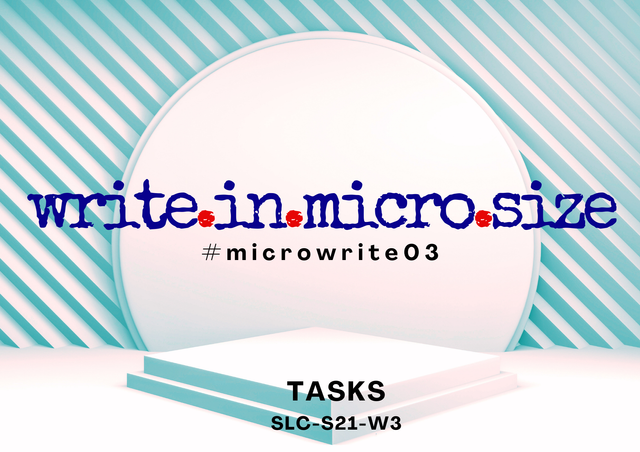 Here we learned to be like chefs of micro-stories, to condense them down to their essence. Just as if it were a recipe with many ingredients and you put it to reduce over low heat until you obtain a concentrated and tasty sauce. |

Fourth Station: Literary genres in micro-stories |
|---|
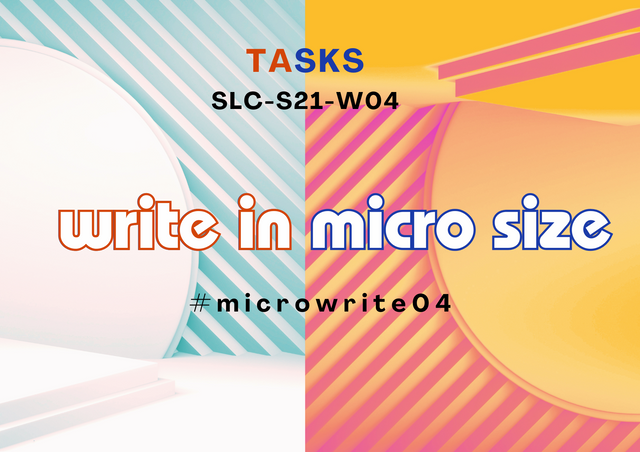 In this station we discover that micro-stories can be adapted to different literary genres, subgenres and a variety of literary types and forms. Each genre, or subgenre, has a way, a structure and twists that make it characteristic, allowing us to recognize and classify them. |

Fifth Station: Your Toolbox |
|---|
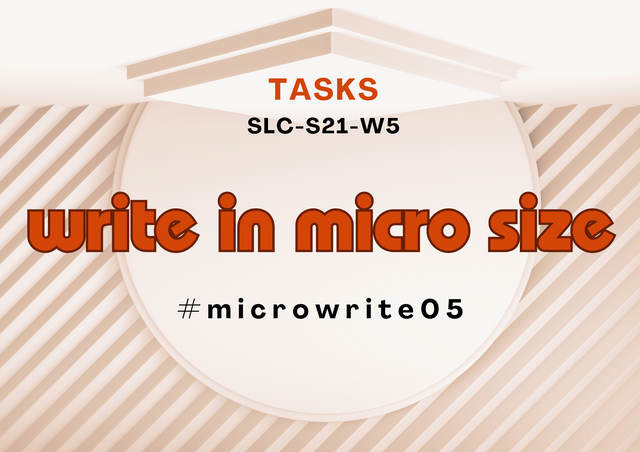 We have reached the penultimate station, where we explore tools such as: |

From the fifth station, let's remember the definition of a micro-story according to GINÉS S. CUTILLAS , which we broke down into the stations of our journey:
«MICRO-STORY: | «MICRORRELATO: |
|---|
So now you know: A micro-story is a small universe full of possibilities. With the tools you have learned, you will be able to create unique and memorable micro-stories. Keep exploring and experimenting.
Week 06: the final stop |
|---|
 What will we do in the sixth week?In this final station, we take some time to:✅ reflect on the journey, your experience on it, ✅ what you have learned and ✅ how you evaluate yourself and how you evaluate the teachers and the learning workshop. ✅ And you can't miss a story as a farewell postcard. |
Summary
Throughout this "Short Narrative Workshop", we have learned to write concise, impactful and meaningful micro-stories. Mastering literary resources such as ellipsis, metaphor and double meaning helps create stories that invite interpretation and reflection in each reader.
Access the TASK of the sixth week


Notes:
- Images created on canva.com

 Original production by @joslud |